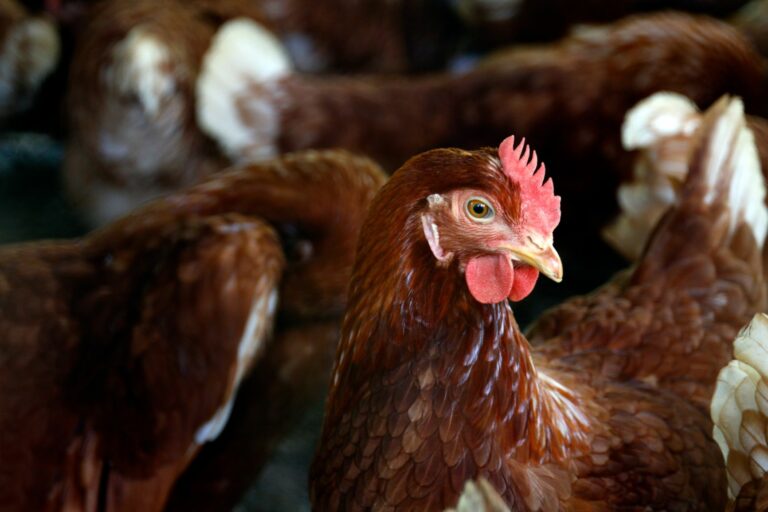Poultry keepers are being urged to consult with their feed specialist to help manage their birds during the national housing order.
“This is not the first housing order the industry has faced, but it is important to manage individual systems and be aware of your specific site requirements if we are to manage the situation effectively and maintain performance,” said Brian Kenyon, senior nutrition manager at ABN.
Layer producers are specifically urged to monitor feed intake as birds are housed, this will influence both egg size and numbers.
“We must be aware that the bird’s environment has changed, their routine has changed, and their health status is under increased pressure. This means nutritional requirements and performance will also change,” he said.
With layers at different stages of production, Kenyon stressed it was important to match feed requirements to individual production. A partnership approach with the feed adviser is essential, with regular communication key to adjusting feeding programmes as required.
John Thornborrow, ABN lead account manager for poultry said: “It may well be that your flock copes quite well initially, but things may change. For example, you may see egg size increases, which can potentially create a lot of additional problems and affect bird longevity.
“This is just one example, but there is no broad-brush approach. We are here to help, and it is important that together we work with you to understand exactly what your particular crop is doing,” he said.
ABN’s team works in partnership with its customers, closely monitoring and evaluating performance, making adjustments and providing advice through the housing period, as it would do during normal operational conditions.
“It is also important to keep abreast of the latest advice and guidance from industry and government bodies such as the NFU and APHA,” said Kenyon.
“By taking a partnership approach, we can protect our flocks from the threat of avian influenza, while also maintaining efficient production performance and bird health and welfare during these enhanced biosecurity measures.”


